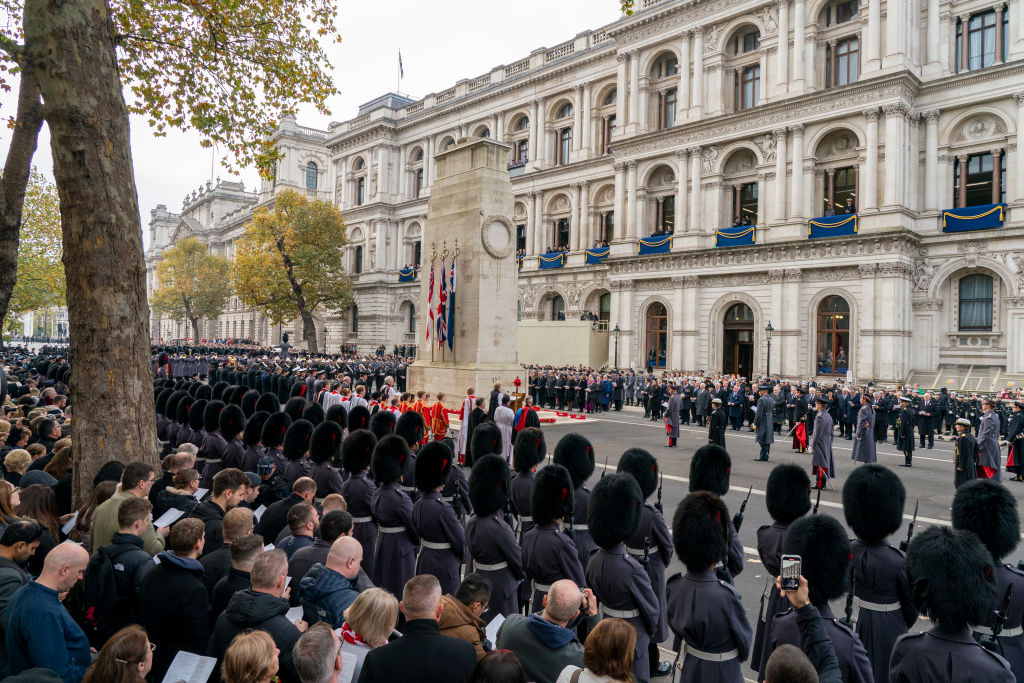This week the BBC interviewed the last of the Few. Group Captain John Hemingway, 104, is apparently the only remaining RAF pilot who fought in the Battle of Britain. This brings home how long ago the second world war was. The year the war broke out, 1939, is closer to the battle of Gettysburg than today.
There is a tangible sense in modern Britain of something ancient and grand slipping away, to be replaced by something shinier, louder, and more comfortable, but also shallow and brittle
For people of my age, this chronological distance has sometimes been obscured by the war remaining, until quite recently, a powerful cultural presence in British life. When I was born in 1983, there were still tens of thousands of veterans of the conflict in the workforce, and a good number in public life (the Archbishop of Canterbury among them). The wave of anniversaries in the early nineties featured veterans who were in many cases still lively and engaging conversationalists.

Get Britain's best politics newsletters
Register to get The Spectator's insight and opinion straight to your inbox. You can then read two free articles each week.
Already a subscriber? Log in






Comments
Join the debate for just £1 a month
Be part of the conversation with other Spectator readers by getting your first three months for £3.
UNLOCK ACCESS Just £1 a monthAlready a subscriber? Log in